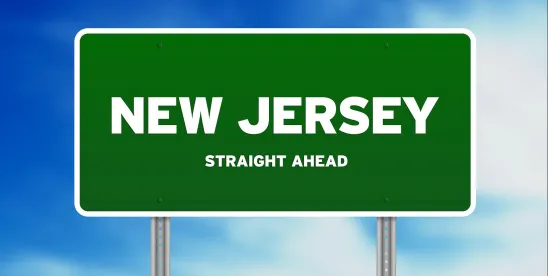In an unpublished opinion, the New Jersey Tax Court held that a web-based business solutions company was entitled to use market-based sourcing to source its 2011 and 2012 receipts even though market-based sourcing was not officially adopted by New Jersey until 2019. Solix, Inc. v. Dir., Div. of Taxation, 2024 N.J. Tax Unpub. LEXIS 6 (Apr. 11, 2024).
The Facts: Solix, Inc. (“Solix”), a web-based business solutions company headquartered in New Jersey, had approximately 900 employees, roughly 300 of whom were located in New Jersey. Solix’s primary business was acting as the third-party administrator for out-of-state governmental entities in operating and managing their governmental subsidy programs for the benefit of residents in and outside of New Jersey. As part of the services it provided, Solix created or customized proprietary software that was designed and developed by Solix’s information technology (“IT”) team in New Jersey. Solix also provided hands-on interactions with, and assistance to, non-New Jersey subsidy recipients, which were performed by its approximately 600 employees located in call centers outside of New Jersey.
Solix originally filed its 2011 and 2012 tax returns using the statutory cost-of-performance (“COP”) method of sourcing its receipts. However, it later amended its 2011 and 2012 returns to use a market-based method of sourcing, asserting refunds due. The Division of Taxation (“Division”) denied the refunds and determined that Solix should have used the 25-50-25 method of sourcing which was then applicable to certain service fees. Solix protested the Division’s refund denials administratively to the Division’s Conference and Appeals branch (“CAB”). CAB found that neither market-based sourcing nor the 25-50-25 method applied and determined that Solix should have instead used the COP method of sourcing its receipts.
The Decision: The Tax Court held that Solix properly sourced its receipts using market-based sourcing. The Court rejected the Division’s argument that the use of market-based sourcing was prohibited before its official enactment in 2019. The Court also noted that the Division’s internal disagreement with CAB about the appropriate method of sourcing (the Division did not pursue 25-50-25 sourcing at the Tax Court), together with its assertion for the first time that market-based sourcing is legally barred, “may suffice to overcome the initial presumption of the correctness of its final determination,” although the Court noted that it was still Solix’s burden to persuade the Court why its approach “is correct or more credibly appropriate.”
In this case, the Court found that Solix met its burden. The Court noted that while the applicable statute at the time provided for COP sourcing, the applicable regulation expressly permitted allocation “by some other reasonable method that should reflect the trade or business practice and economic realities underlying the generation of the compensation for services.” The Court determined that Solix’s receipts were not primarily attributable to the creation and use of its proprietary software created in New Jersey, but rather were primarily attributable to its hands-on interactions with non-New Jersey subsidy recipients, which were performed by Solix’s employees located outside of New Jersey. As a result, the Court held that market-based sourcing better reflected the business practice and economic realities of Solix’s business.


 />i
/>i
